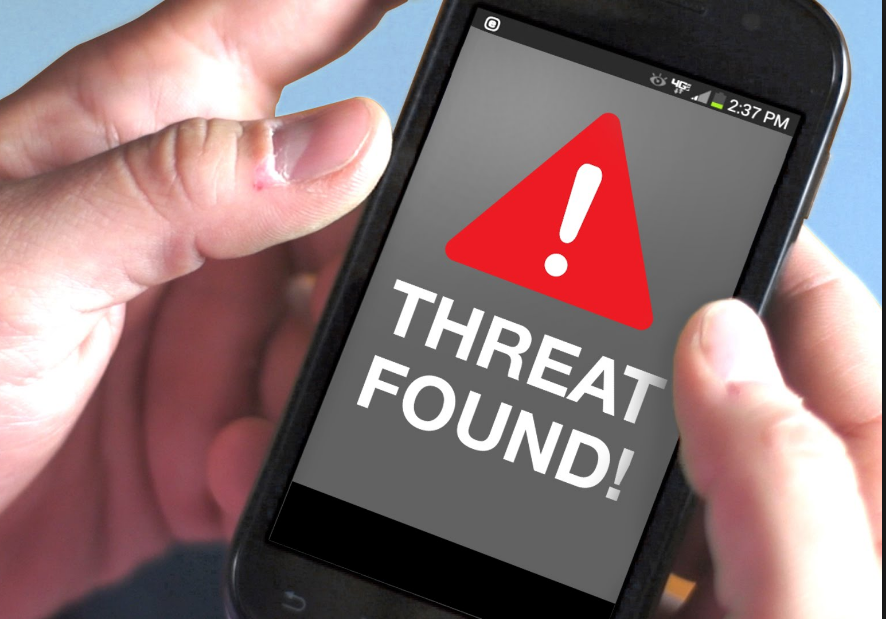Who doesn’t like free stuff? Most people can hardly resist free apps and software, especially when it is so easy to download. But did you know “free” could cost your cyber security big time?
In 2014, it was found that several flashlight apps were being used to spy on smartphone users. These apps, designed by hackers, were being used to collect personal information such as, bank account information from smartphone users. Although this wasn’t the first case of malware in disguise, it increased consumer awareness.
Free software, often referred to as ‘freeware’ for computers and mobile devices, has become very popular. Many people opt for the freeware as opposed to those apps that require payment. For example, Angry Birds Space, a free game was downloaded 10 million times in a span of three days. However, as many people found out, free isn’t really free as the app supported ads and in-app purchases.
How Free Apps Pay for Themselves
There is very little in this modern world that is truly free and software’s no exception. While you may not have to pay cash for the so-called ‘freeware’, many of the app creators make money through ad streaming or information gathering.
While some apps genuinely are created free of malicious intent, they may stream ads designed by hackers to breach your cyber security protocols. These ads often stream from different servers apart from the app source. Some of these ads may deposit malicious software on your device, which is then used by hackers to collect the information they need.
Some hackers may use the direct route and provide free apps that collect data without the user’s knowledge. While some apps may require you to provide information for marketing purposes only, these malicious apps collect personal, financial or usage data in the background. Information such as phone numbers from your contacts, addresses, credit card numbers and other useful personal information can be gathered and used by hackers for their own gains.
It Only Takes One
The safety of your freeware depends on the source of the software. However, it is important to understand the risks associated with freeware to ensure that your business doesn’t fall victim to hackers. It only takes a single employee to download one bad app to endanger your entire business.
While you may have measures of preventing the installation of foreign software by employees on computers, it is still possible for your network to be compromised through mobile devices. If an employee installs malicious software on their smartphone and uses the company’s Wi-Fi, chances increase that your entire network may be exposed.

Stay Away from Risky Freeware
Not all freeware is bad. However, with so many malicious apps floating around, it is important to take precaution.
- Educate your employees
Talk to your employees about the possible dangers related to downloading and using free apps. It is possible that many of them are unaware of the risks these apps pose to the company and themselves. Help them understand that it is important to avoid downloading free apps as much as possible.
- Install security software
Ensure your employees phones are fitted with security software if they want to connect to the network in the workplace. Make this a requirement.
- Invest in cyber security
Investing in cyber security is imperative to preventing security threats such as malware from accessing your network. It also helps to invest in a cyber-liability policy to ensure that your business is covered in case a data breach does occur.
Free isn’t always free. Be sure to take precaution when dealing with free software. It may be better to pay a small fee for software rather than pay the price later.



